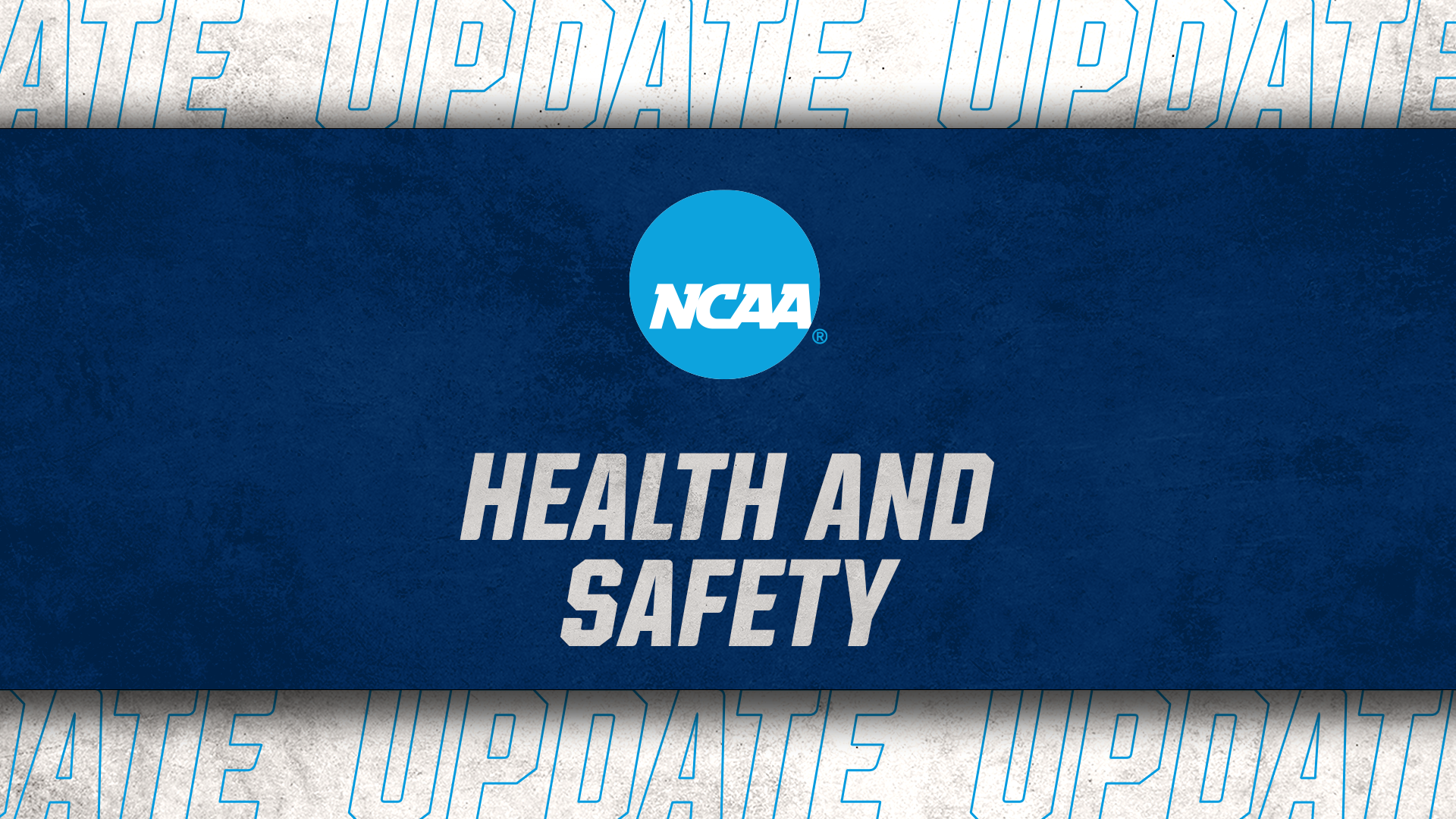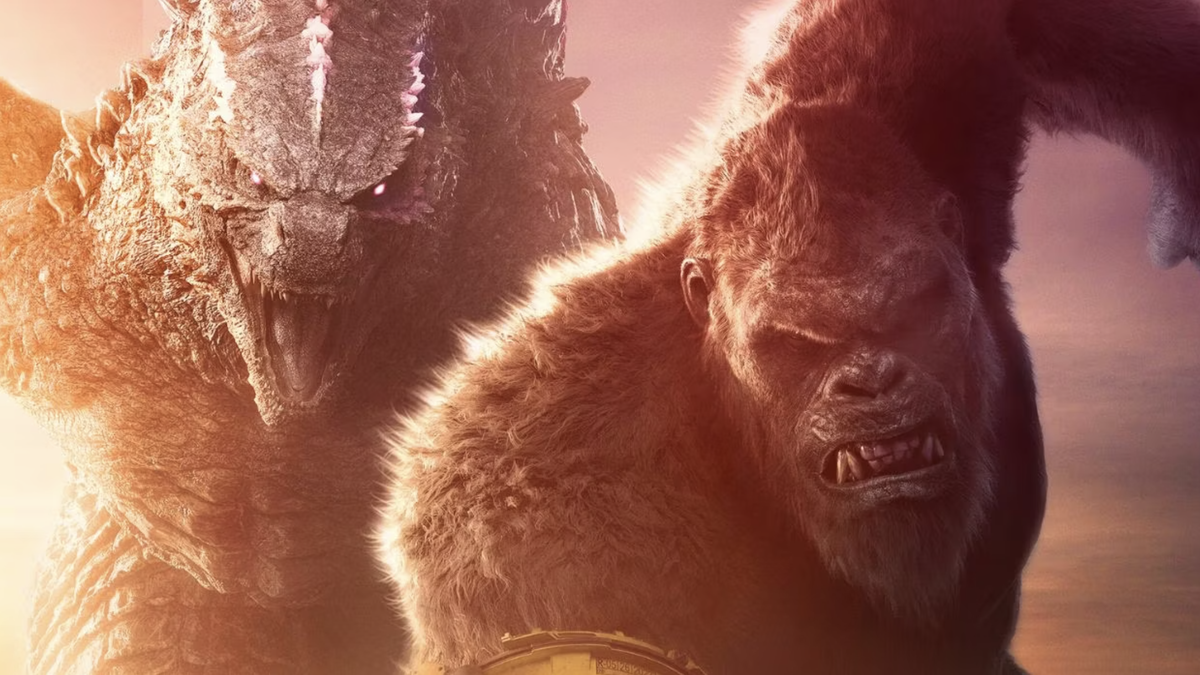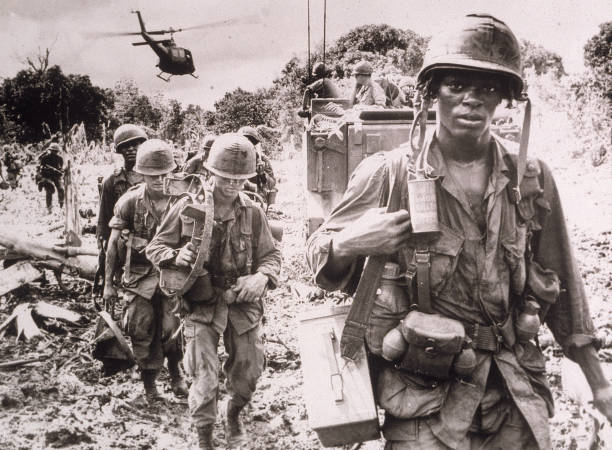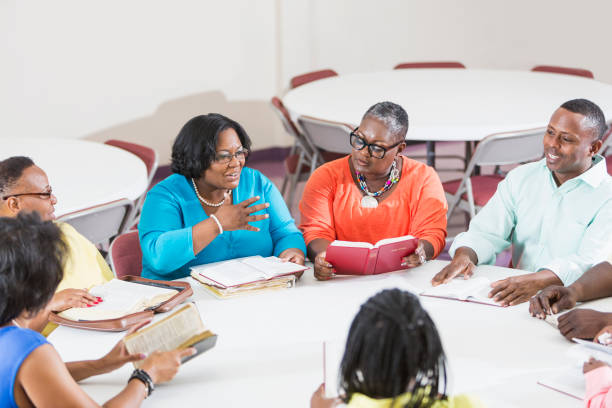(ThyBlackMan.com) The 2023 college football season is over and the Michigan Wolverines are the National Champions. Days ago, the Wolverines earned a historic 15-0 record after defeating the offensively potent Washington Huskies in the College Football Playoff National Championship Game. One of the stars of the game was Michigan junior running back Donovan Edwards, who had two explosive touchdown runs to help the Wolverines to victory. This season was a bumpy season for Edwards on an individual level as his production wasn’t near the same level of his sophomore campaign last season. He opened up about his mental health struggles prior to the CFP Championship Game, saying, “I know that I’m going to be perfectly fine in the future, because as I said, God is going to put things in your life to show you the ups, show you the downs. It’s up to you to be able to rise to the occasion and remember the downtimes. Of course, I have the feeling of being flustered, and frustrated, and I definitely have been working on that. Mental health is a big thing for me. I’ve seen a therapist quite often now and that’s helped me get into a focused mind space. I just feel like this year has been a blessing for me.”

At just 20 years old, Donovan Edwards is a young man who admitted mental health struggles that so many of today’s young people face. The most high-profile college football athlete entering the 2023 season was USC quarterback Caleb Williams. The talented Williams won the 2022 Heisman Trophy and has drawn comparisons to NFL superstar quarterback Patrick Mahomes. USC played and lost to Washington during the 2023 season as Washington won 52-42. After the game, Williams went viral after a video caught him going into the stands and hugging his mother and crying in her arms. He hopes the video shows the importance of mental health and being authentic. Williams said, “That’s just simply who I am …That was raw emotion. Being human. Being myself. Someone that cares about this team, these guys and winning especially.” There’s definitely no shame in Williams’s actions especially considering a man considered as universally tough as NFL defensive lineman Aaron Donald, who is a future Pro Football Hall of Famer, has done the same thing following losing a football game.
It is important that high-profile college athletes like Donovan Edwards and Caleb Williams discuss mental health as young people and as African/Black men. The NCAA has a vested interest in collegiate athletes’ mental health. Data collection from the NCAA Student-Athlete Health and Wellness Study administered by NCAA faculty athletics representatives began in September 2022 and concluded in June 2023. More than 23,000 student-athletes participated in the study. It showed that across all three NCAA divisions, that mental health concerns are down across nearly every category from online surveys conducted by the NCAA at several points during 2020 and 2021. In men’s sports, 17% of respondents said they constantly feel overwhelmed, down from 25%, and 16% reported feelings of mental exhaustion, down from 22%. It is notable that 44% of women’s sports participants reported feeling overwhelmed which was down from 47%, and 35% reported feeling mentally exhausted which was down from 38%. Unsurprisingly, those numbers are higher for women than men and also translate to high percentages for other marginalized groups including athletes of color and transgender and non-binary athletes.
With today’s athletes feeling the pressure of today’s college students along with the heightened social media attention, the ability to transfer using the transfer portal, and Name, Image, and Likeness (NIL) pressure to potentially be a spokesperson for money, today’s college athletes face more pressure than any other generation ever. It is important for them to have a mental health outlet and understand their value as human beings beyond their athletic abilities.
Staff Writer; Mark Hines
















Leave a Reply